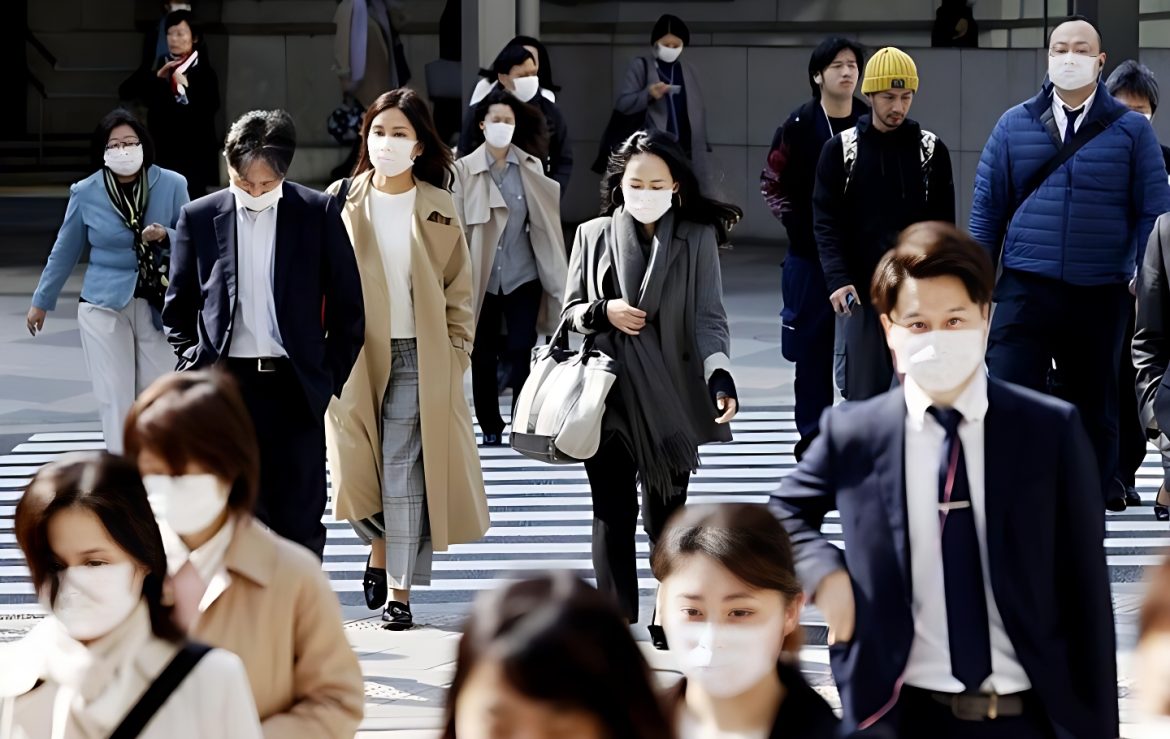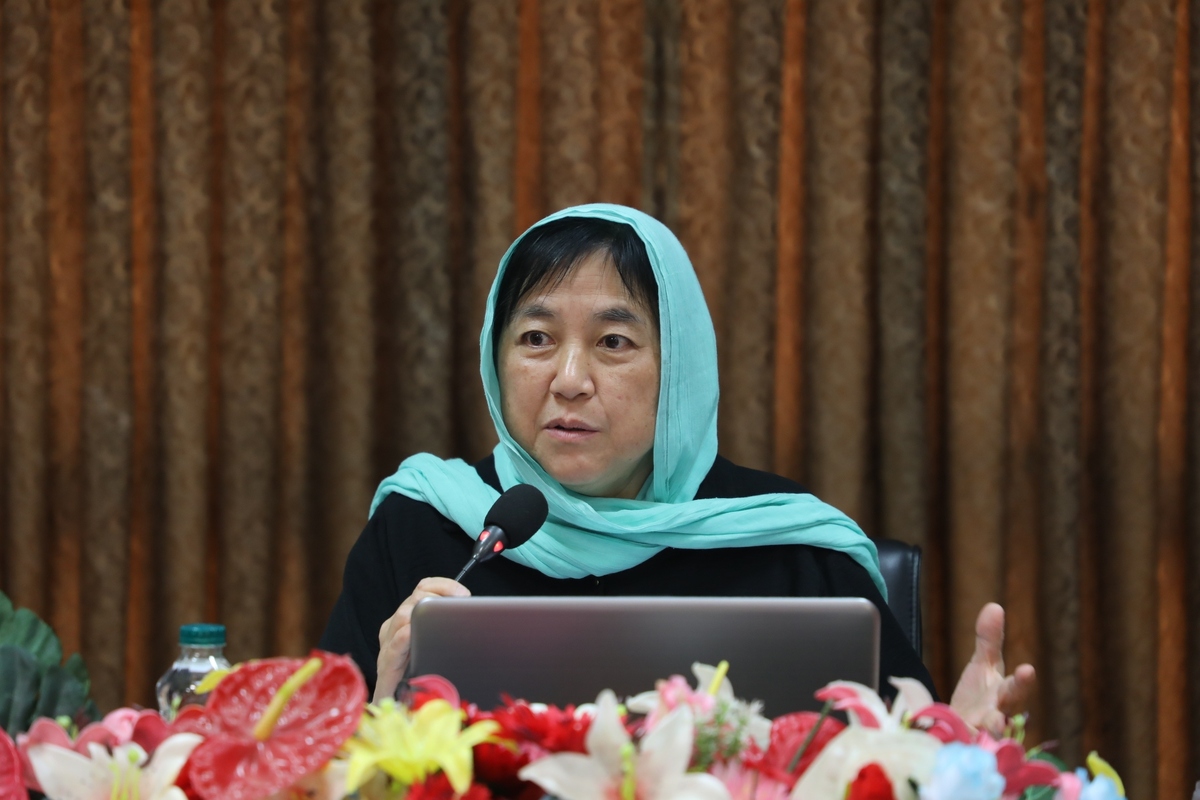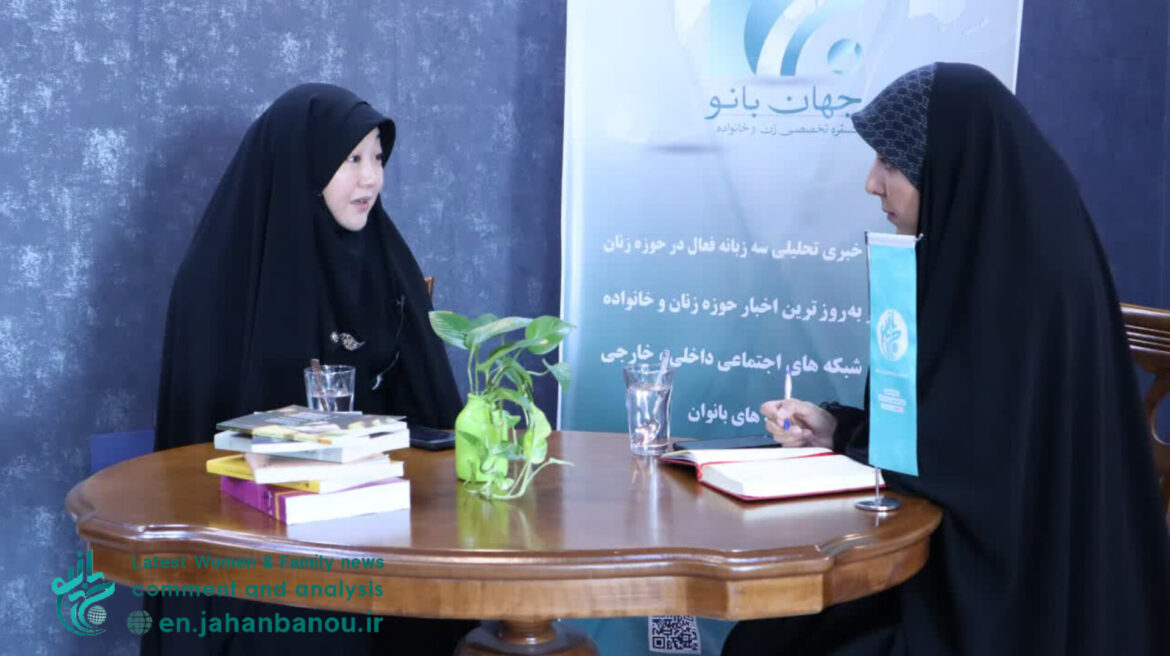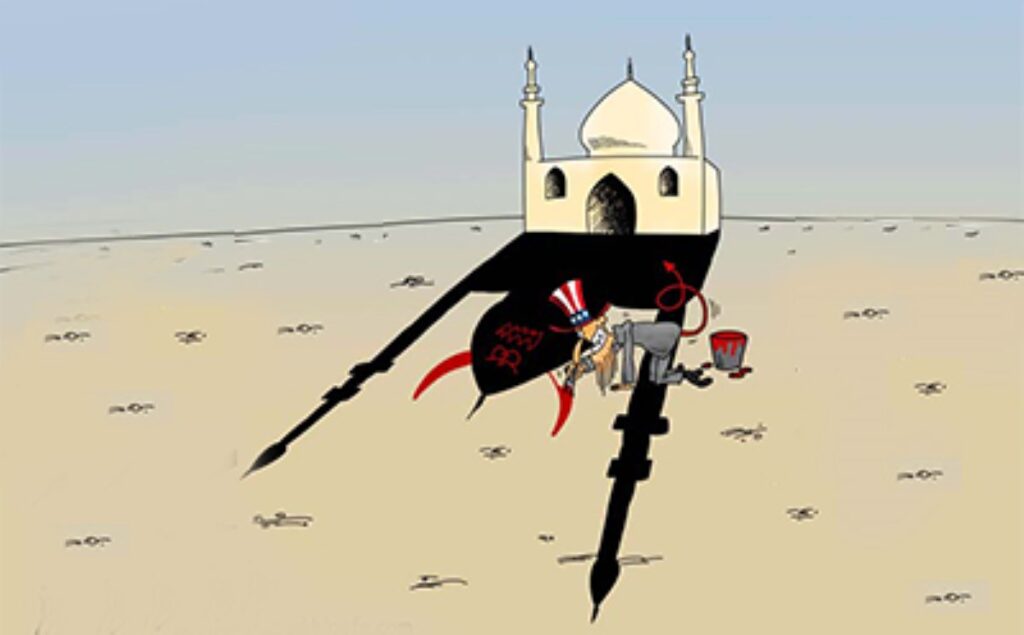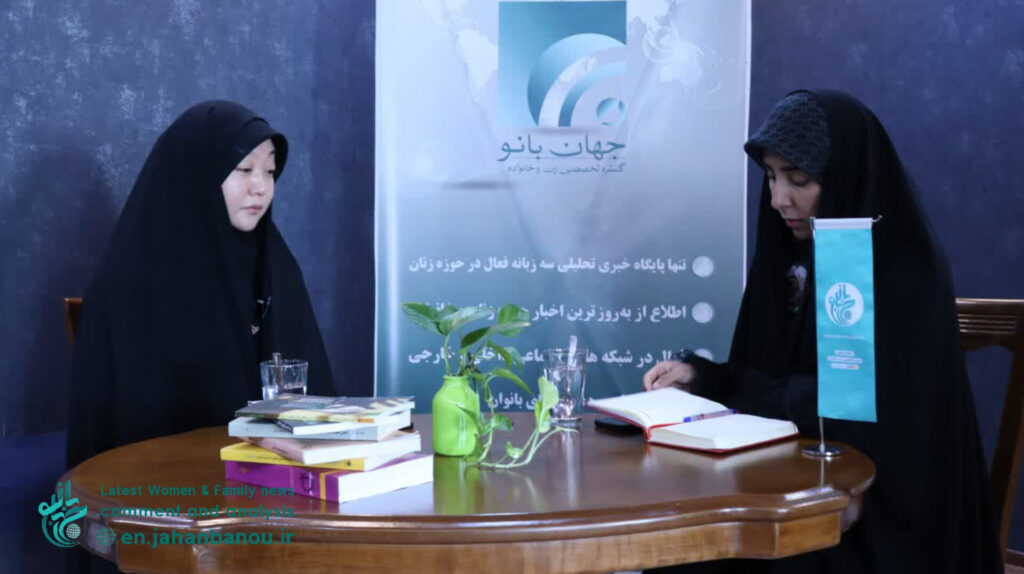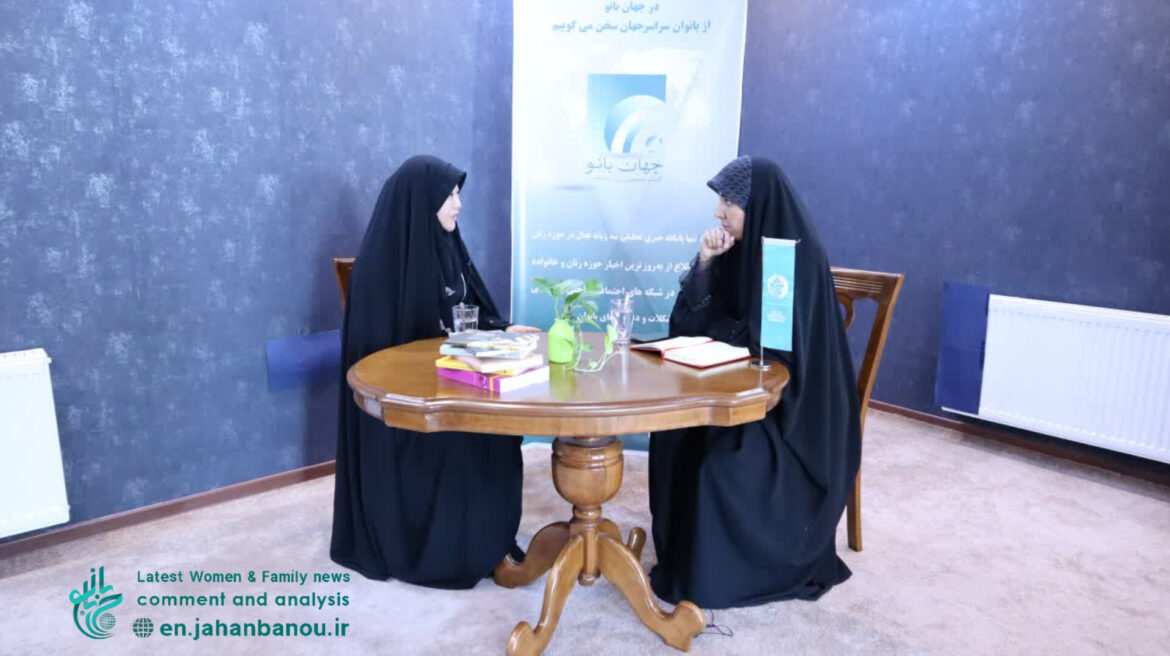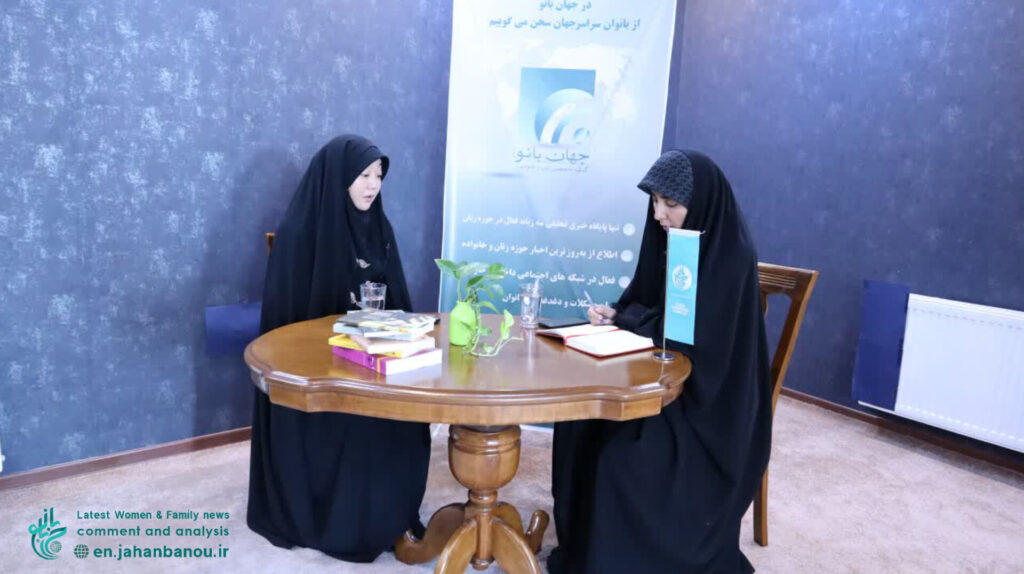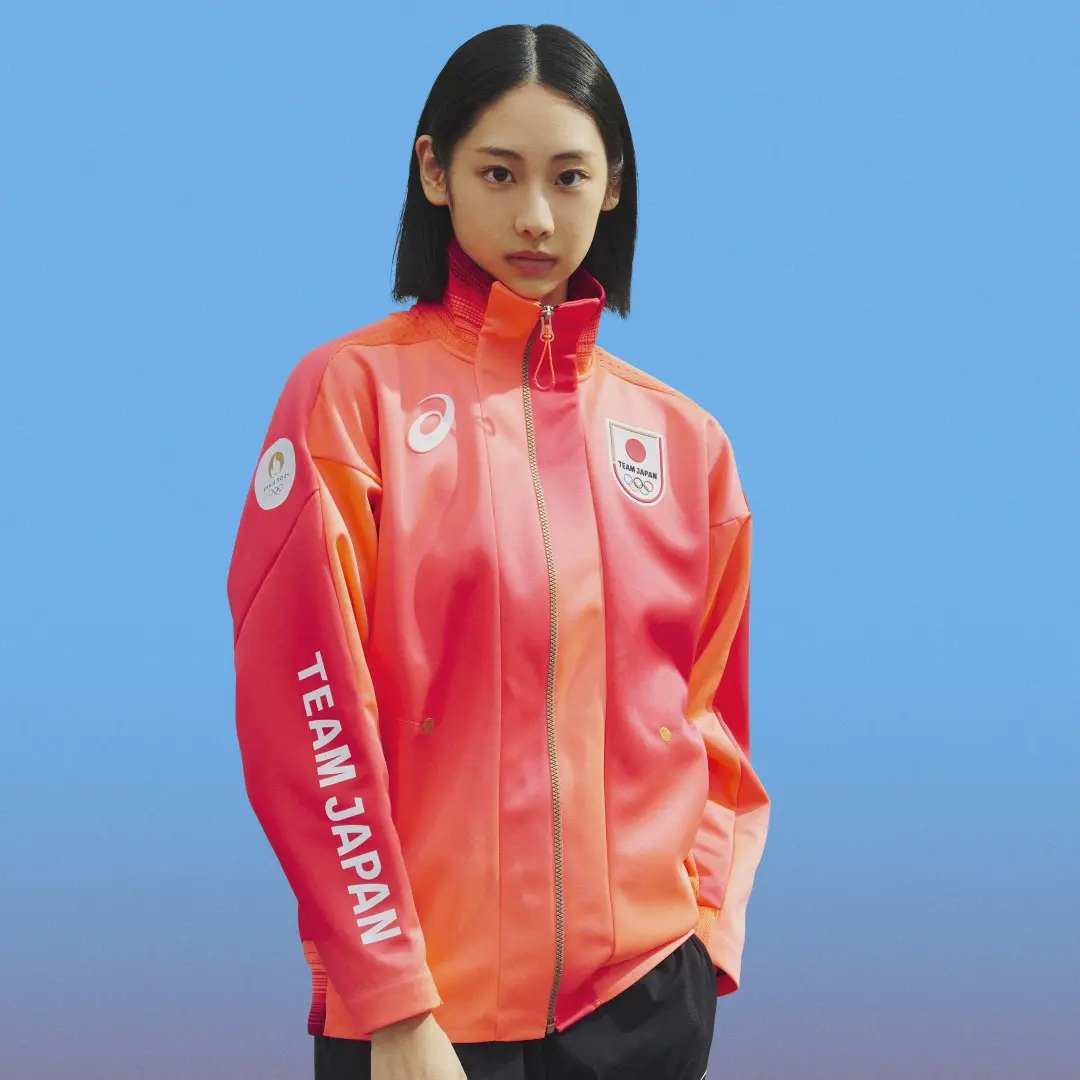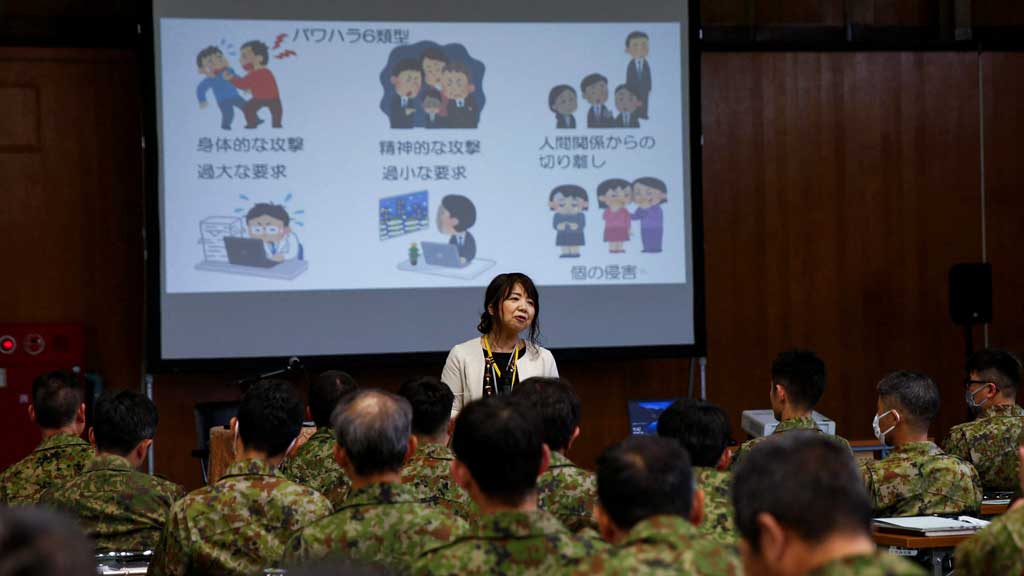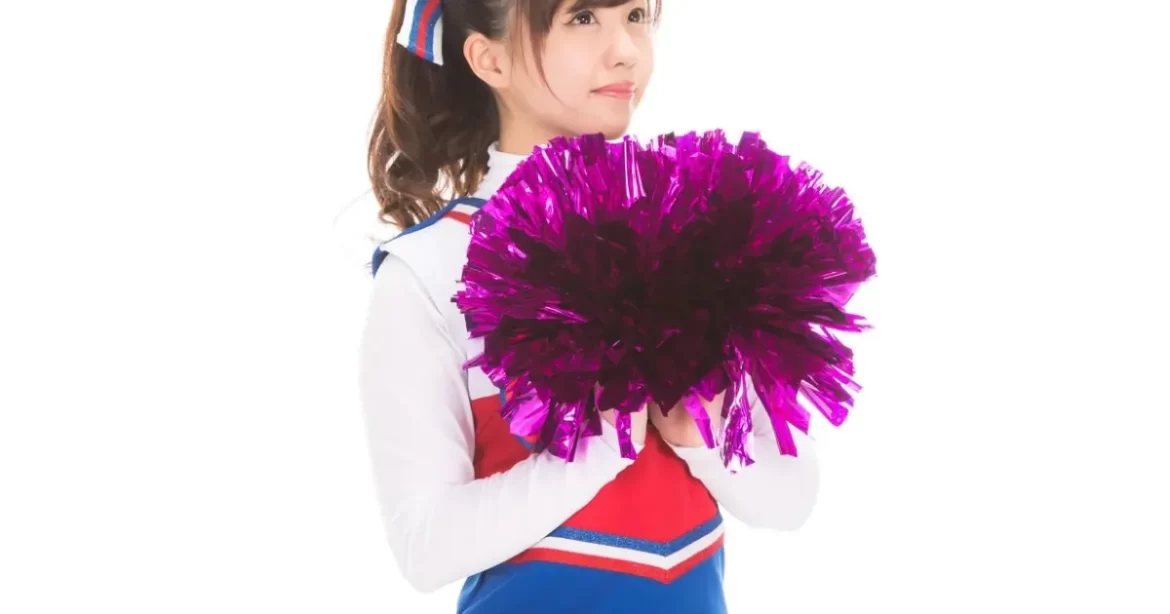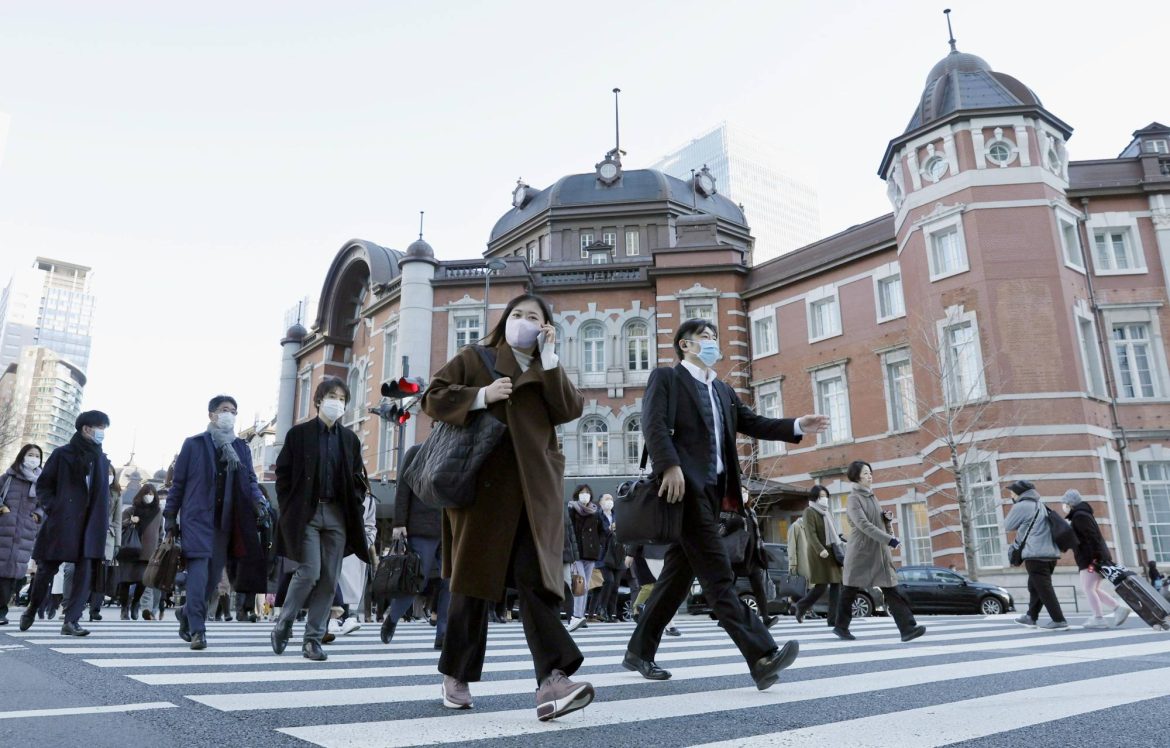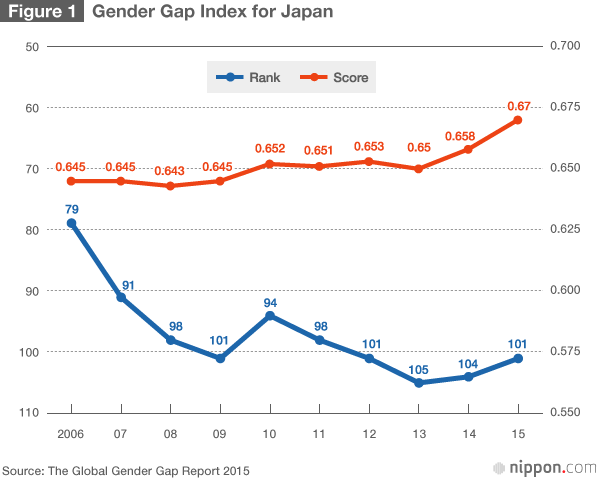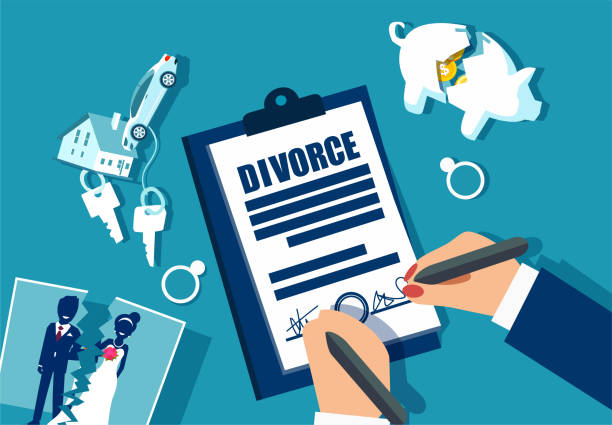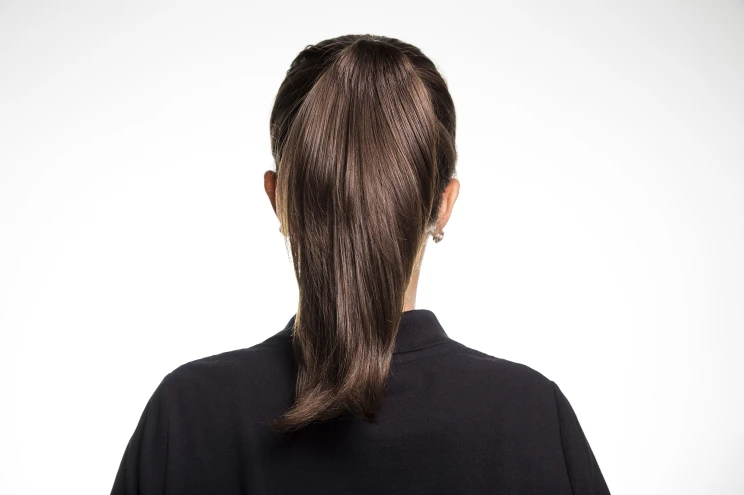A legal requirement for married couples in Japan to adopt a single shared surname has posed significant challenges for women researchers in their academic and international work.
Legal Requirement for Shared Surname
Japan is the only country in the world that legally mandates married couples to use the same family name, under Article 750 of its Civil Code. Although couples may choose either spouse’s surname, in practice over 95% of married women adopt their husband’s name, while men almost never change theirs.
Impact on Women Researchers
A recent survey of more than 7,500 researchers in Japan found this requirement causes widespread disruption—particularly for women researchers—affecting patent filings, academic credentials, funding applications, conference participation, and international travel. When researchers use one name professionally but have a different legal name, administrative correspondence, publications, and conference acceptances often become problematic.
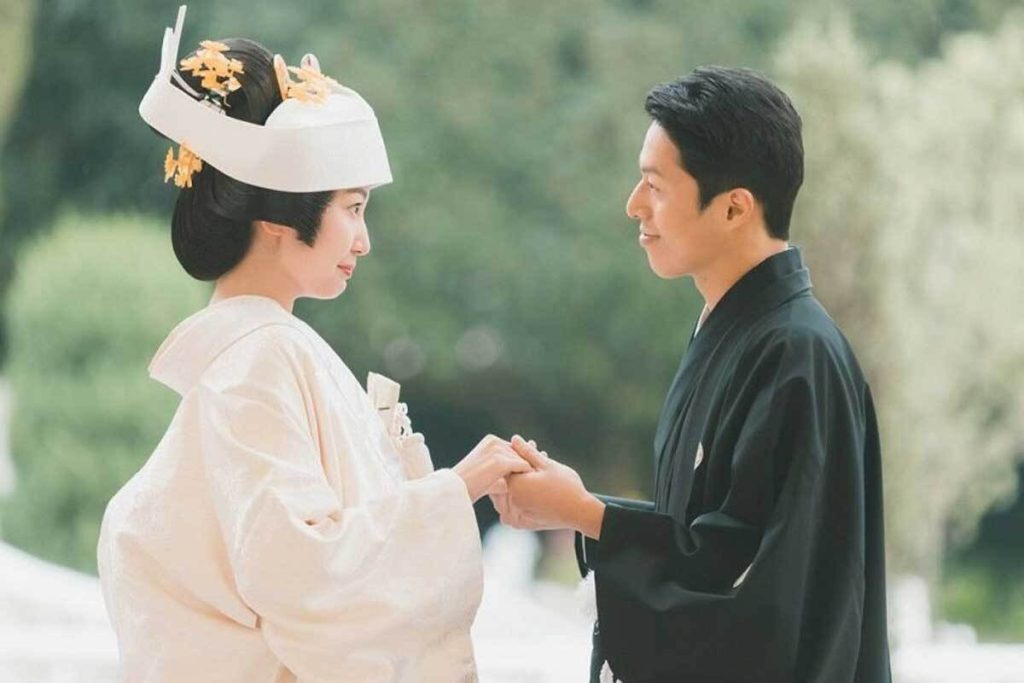
Administrative Confusion and Professional Identity
The study reported 78% of researchers forced to use different legal and professional names experienced issues such as administrative confusion, publication tracking errors, and barriers to international travel. While about 5% of married men change their surnames, over 90% of married women do, and more than 70% of those women keep their maiden names professionally to preserve academic credibility.
Legislative Reform Under Consideration
Recently, Japan’s main opposition party proposed legal amendments to allow couples the option to retain separate surnames if desired. Although the National Diet has not yet made a final decision, such reform could protect the professional identity of women researchers and prevent further decline in their scientific participation.
From: imna


